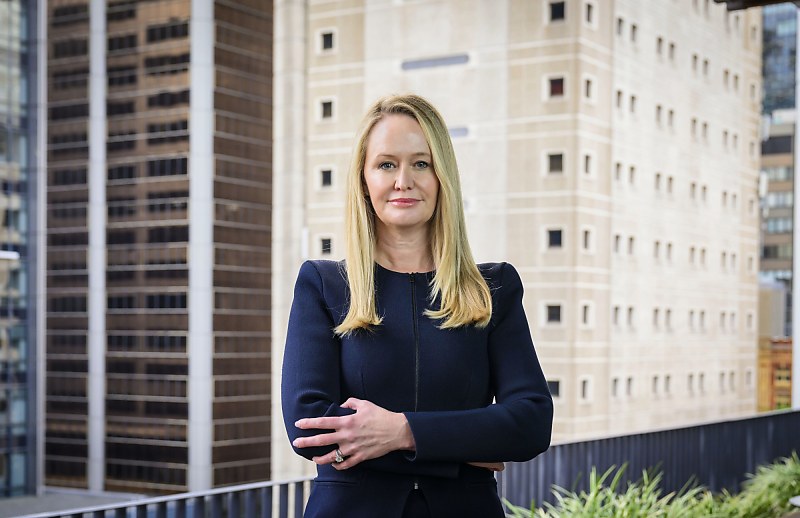CA ANZ has raised concerns about the government's plans to merge the Australian Accounting Standards Board (AASB), the Auditing and Assurance Standards Board (AUASB), and the Financial Reporting Council (FRC) into one single entity by July 2026.
The three bodies currently oversee and set standards for reporting, audit and assurance and sustainability standards.
You’re out of free articles for this month
CA ANZ chief executive Ainslie van Onselen said it was critical that the new body has a balance of current, practising and independent members.
The consultation paper about the changes released by Treasury discussed whether requirements should be imposed that would require any members of the board or the technical standard-setting committees to be able to demonstrate "appropriate independence from industry".
This would mean, for example, having not worked in an accounting or auditing firm for a specified period and not having financial ties to a firm, the paper said.
Van Onselen said the idea that practising members wouldn't be involved in setting standards for the profession carries huge risks for Australia's markets, economy and international reputation.
"A standards board or committee that is completely ‘independent from industry’ would be unable to set standards in the public interest, is likely to create far-reaching unintended consequences and could be more exposed to influence by vested interests," she said.
“You wouldn’t put a retired pilot who used to fly a Boeing 747 in the 2000s in charge of the standards for an Airbus A380 and, yet, the equivalent of this is what’s being proposed in the consultation paper for auditors and accountants.”
Van Onselen said CA ANZ supported the overall goal of greater flexibility for standards setting to deal with evolving market needs, such as climate and sustainability reporting, but had serious concerns about the lack of legislative framework.
“Without establishing basic structures, roles and governance in legislation, how can the government expect the profession, investors, companies and the public to place their trust in this new body?” van Onselen said.
CA ANZ said the current standards bodies are effective and trusted and questioned the need to change a model largely inconsistent with comparable jurisdictions and international standards-setting arrangements.
“We’ve heard serious concerns from investors and companies about how this change could impact confidence in the Australian market, and how we’re viewed globally.”
The professional body is also concerned with the short length of time provided for consultation.
A poll of chartered accountants revealed that 76 per cent were not aware of the consultation process for the new body, and 69 per cent did not feel there was sufficient opportunity for input.
“Treasury’s 30-day timeframe for this consultation is not enough for a change of this magnitude. The standards, structures and processes involved in this merger are critical for market confidence and Australia’s international reputation as a place to invest,” van Onselen said.
“Many of the stakeholders that rely on the existing bodies and process have been surprised by this significant winding back of checks and balances almost going under the radar.”
Miranda Brownlee
AUTHOR
Miranda Brownlee is the deputy editor of SMSF Adviser, which is the leading source of news, strategy and educational content for professionals working in the SMSF sector.
Since joining the team in 2014, Miranda has been responsible for breaking some of the biggest superannuation stories in Australia, and has reported extensively on technical strategy and legislative updates.
Miranda also has broad business and financial services reporting experience, having written for titles including Investor Daily, ifa and Accountants Daily.

 Login
Login







